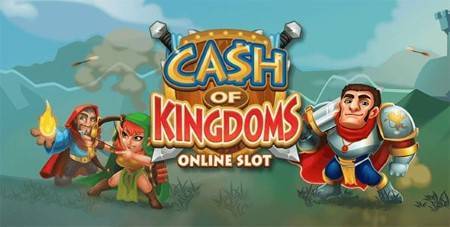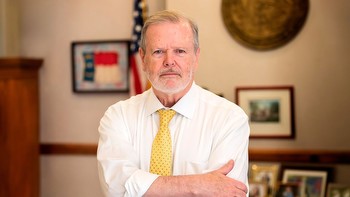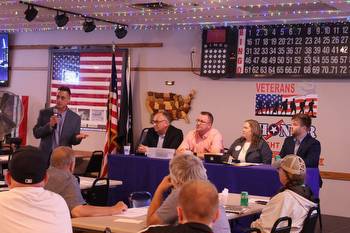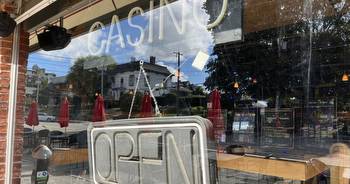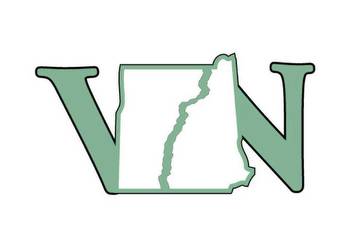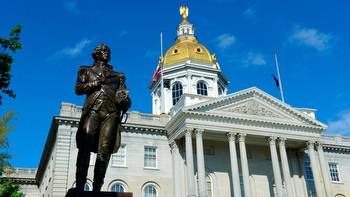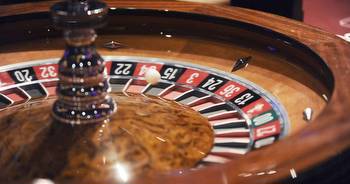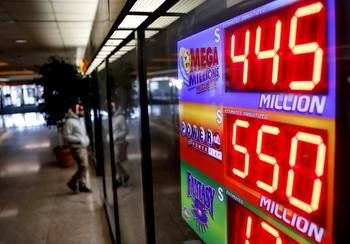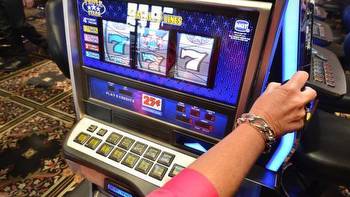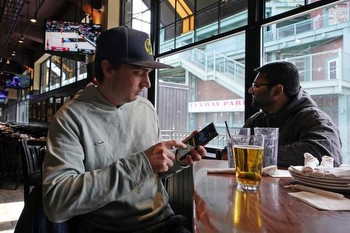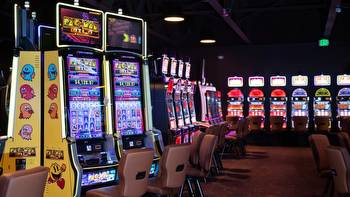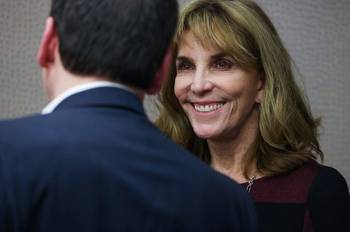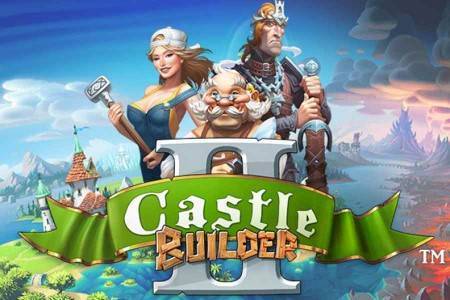Gaming in Alaska could be a northern jackpot ... or it could be a crapshoot, depending on the details
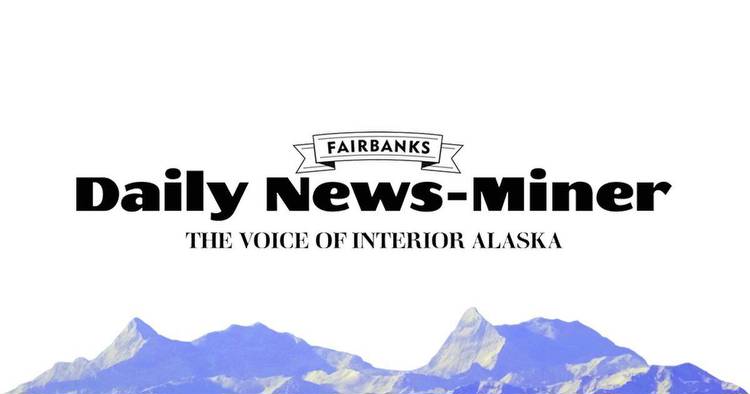
News-Miner opinion: As Alaska struggles to make headway against fiscal headwinds only made worse by the ongoing COVID-19 pandemic, Gov. Mike Dunleavy and lawmakers are looking hard for long-term fiscal solutions to get the state’s moribund economy up and running.
Dunleavy, during his State of the State speech on Jan. 28, even said he would be supporting gaming legislation.
“We must also look for creative ways to augment our revenue,” he said. “This session, I’ll be supporting legislation to bring gaming to Alaska. Alaska can no longer afford to deny itself a revenue stream available to nearly every other state in the nation.
“Along with enhancing revenue, gaming could create hundreds of high-paying jobs in some of our communities, and we would join a long list of states that have embraced gaming for some time.”
The governor’s remarks were very short on detail. What kind of gambling does he have in mind? Where would it be allowed? Who would profit? Who would travel to Alaska to gamble? What could it do to our state?
As of today, there are two gaming-related pieces of legislation pending in the Legislature. One, Senate Bill 77, proposed by the Senate’s Labor and Commerce Committee, would set “standards for online ticket sales … to ensure compliance with charitable gaming laws.”
The other measure, House Bill 46, is sponsored by Rep. Steve Thompson, a Fairbanks Republican. It would establish a state lottery, allow Alaskans to participate in multistate lotteries and set up an Alaska State Lottery Board in the Department of Revenue.
Alaska already has charitable gaming. It evolved beginning in the 1960s when state government was searching for a way to fund charities and nonprofit organizations with something other than direct state aid. The gaming program allows charities and nonprofits to obtain permits or hire licensed operators to run raffle and lottery games, bingo and pull-tabs.
Charitable gaming across the state has been successful, raising more than $35 million annually for Alaska’s nonprofits and charities. The question that must be answered: What would new, presumably commercial gambling in Alaska do to that system?
Many over the years, including the News-Miner, strenuously have objected to commercial gambling establishments in Alaska, citing the social costs and crime that often accompany such enterprises. In a 1961 editorial, the News-Miner roasted a pro-gambling initiative, saying: “Progress for Alaska will come only through our own efforts and hard work. Wide-open legalized gambling is NOT the answer.”
Gaming proponents counter that those concerns are overblown. Alaskans never have pressed hard for commercial gambling and voters in 2008 even rejected a proposal to introduce regulated gambling facilities by nearly 2-1.
The governor’s proposal is interesting, but it needs to be fleshed out so Alaskans can know exactly what they are getting into and who will be involved.
What is needed now is more detail.







